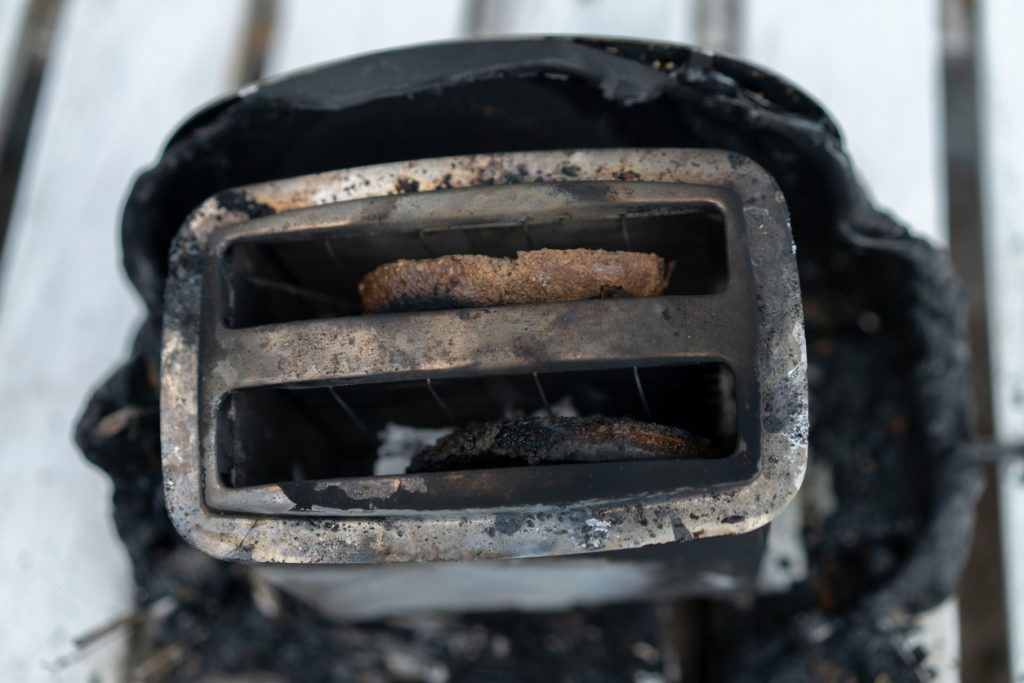
Generally speaking, there are three types of claims that a plaintiff may raise in a Texas product liability lawsuit: design defect, manufacturing defect, and failure to warn.
Which claims a plaintiff raises and who they may hold accountable will depend on the type and cause of the defect. Usually, this will be the designer, the manufacturer, or a distributor.
Since product errors can occur in many ways, it is important to speak with a Dallas product liability attorney who understands these laws. Statutes of limitations limit how long an injured party has to file a lawsuit, so it is important to find out about your rights and responsibility as early as possible.
What you need to prove in a Texas product liability lawsuit
In Texas, product liability lawsuits involving personal injuries are based on a theory of strict liability. This means you do not need to prove carelessness or recklessness, and your negligence, if any, will not be a factor. However, you still must prove certain elements:
- The injury was caused by the product
- The product was defective
- The defect made the product unreasonably dangerous
- When the injury occurred, the product was in or near its original condition
In some cases, like when the damages are not personal injuries but strictly financial losses, the plaintiff needs to prove negligence. This is much more complicated. An experienced lawyer can help you understand what theories of recovery are available in your situation and how to pursue them.
Design defects
Defective design occurs before the product is made – it is an error in the initial stages of development. This means all of the products made using the design will have the same flaws and will pose a risk even if the manufacturing process is perfect.
Texas statute requires that a plaintiff alleging a design defect must show that:
- The design was unsafe
- A less dangerous design was possible
- It would have been technologically and financially reasonable to use the less dangerous design
- The safer design would have retained most of the use and utility of the product
- The design defect, and not something else, caused the injury
Some examples of design defects include top-heavy vehicles that tip over too easily, chairs that are designed with an imbalance, or toys that have small, detachable parts that pose a choking hazard. No matter how careful the manufacturing process is, the end product will still be dangerous.
Manufacturing defects
Manufacturing defects happen at the time that the product is made – the design is safe, but something goes wrong in the assembly process or another part of the manufacturing process, like the quality control stage. This means some of the samples may be safe, while others are flawed.
The requirements to prove a manufacturing defect are not as rigid as those to prove a design defect. You only need to offer clear evidence of the defect, though this can be challenging. For example, if a small appliance caught on fire because of a manufacturing defect, the fire damage may destroy the appliance itself.
When necessary, your attorney will enlist the help of the experts needed to evaluate the evidence and testify as to the presence of the defect.
Failure to warn
If the design and manufacture are proper, a product may still be flawed if the labeling or instructions do not inform the consumer how to use it safely or of associated risks. This is easier to spot when the product’s risk is not obvious to a user. In some cases, the product must be used a certain way to be safe; in other cases, the danger comes in not assembling it properly.
Failure to warn is often at issue in dangerous drug lawsuits. It can also be claimed in cases involving other types of products. For example, an electrical product may pose a fire risk if placed near flammable materials, or tires may not perform safely if they are inflated to the wrong pressure.
A plaintiff needs to be able to prove both that the warning was inadequate and that the lack of proper warning was a direct contributor to the harm.
Speak with Dallas product liability lawyers about your case
If you or a loved one were injured by a defective product, you may be entitled to bring a claim under product liability laws. Call Crowe Arnold & Majors, LLP today to speak with a Dallas personal injury lawyer about your situation. Our consultations are always free and private.





